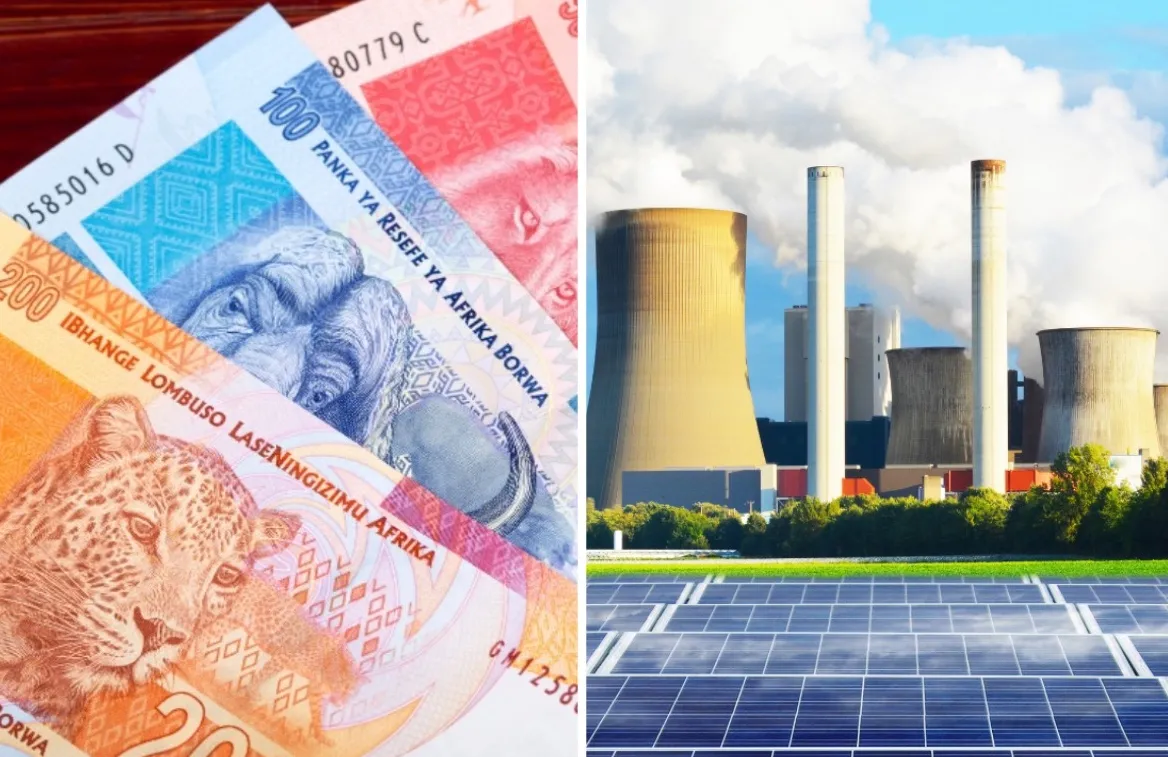
South Africa’s economic forecast for 2025 deemed ‘positive’
Strong reforms, active investment efforts, and growing optimism surrounding the GNU suggest a favorable economic outlook for South Africa in 2025.

After 15 years of economic stagnation, experts suggest that South Africa’s economic outlook is improving. According to IOL, President Cyril Ramaphosa is currently in the United States seeking investment opportunities for the country at a business forum in New York. In-between commitments, he also held a high-profile meeting with South African-born entrepreneur Elon Musk.
During his busy trip to the Big Apple, President Ramaphosa also addressed the 79th sitting of the United Nations General Assembly and boasted about the early successes of the newly formed Government of National Unity (GNU). You can watch his address below …
SOUTH AFRICAN ECONOMIC OUTLOOK
Urgent calls to address a bleak South African economic outlook could not be more timeous, following The South African’s report that Mzansi was no longer the number investment destination on the African continent. Tax havens like Mauritius, and manufacturing strongholds like Egypt, have overtaken South Africa for return on investment (ROI) on the continent.
Ramaphosa urged American investors that the South African economic outlook was on an upward trajectory. He attributed newfound investor optimism to the advent of GNU, following the African National Congresses’ loss of outright majority in the May 2024 elections. “We invite you to be part of this journey. Investments in South Africa are secure, and our business environment is stable. This is supported by robust regulatory safeguards,” said Ramaphosa.
THE TIDE IS TURNING FOR SOUTH AFRICA
In the short term, according to a Daily Investor interview with Nedbank chief economist Nicky Weimar, South Africa is preciously close to a sovereign risk upgrade. The last decade and a half of ANC rule has been characterised by severe despondency over government-led downturn to the likes of Eskom and Transnet. However, a positive outcome following peaceful elections and transition to GNU is already proving a boon for investors. The Rand has been more resilient amongst emerging currencies against the US Dollar in 2024, trading at its best value in two years.
Better still, the South African economic outlook continues to improve as the nation’s long-running energy and logistics crises appear to be easing. 2023 saw 332 days of disrupted power supply due to load-shedding. However, in 2024, the return to service of Kusile Power Plant means an Energy Availability Factor (EAF) of over 70% currently. And Mzansi has enjoyed more than 150 days without load-shedding.
GREEN ENERGY
To that end, President Ramaphosa has been trumpeting the importance of investment from the US. He announced an investment target of approximately R2 trillion ($100 billion) by 2028 (including renewable energy initiatives). He called on US businesses, through the likes of Elon Musk, to support South Africa’s commitment to decarbonisation and energy security.
“We are committed to a Just Energy Transition that is inclusive and leaves no community behind. We have an industrial policy that drives export-led growth and harnesses the Africa Continental Free Trade Area (AFCFTA). Thanks to our substantial reserves of platinum-group metal reserves and critical energy-transition minerals, we are positioning ourselves to be at the forefront of the green energy revolution,” Ramaphosa said.
STOCK EXCHANGE
Ramaphosa also explained that the South African economic outlook is benefiting from collaboration between the New York and Johannesburg Stock Exchanges. “Mutually beneficial trade and investment is unlocking the potential of an entire continent, and together we can leverage our combined strengths to achieve enduring prosperity,” concluded the President.
Meanwhile, back on home soil, the National Treasury has reiterated its aim to bring the budget deficit back to around 3% of Gross Domestic Product (GDP). And the R150 billion the Treasury plans to tap from the Reserve Bank’s gold and foreign exchange coffers will help address the large public-debt burden. If all this goes to plan, the country may grow by as much as 2% annually over the next three years. That doesn’t sound like much but it’s more than double current predictions.
